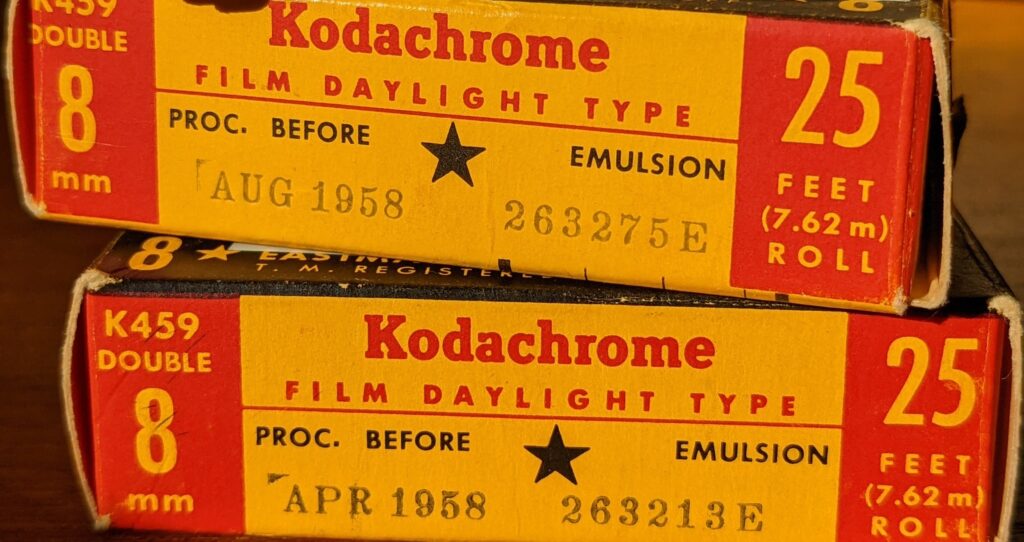
If you’re an avid cinephile who also happens to make films then you invariably come to respect those pictures with moments that make you say to yourself “I want to do that in my movie”. Stealing or borrowing from other films is a necessity that likely accounts for the fact that great filmmakers generally are devout cinephiles. Lifting a shot or a moment and sometimes even an aesthetic device will place the filmmaker’s work into a discourse with another film that, ideally, proves to be illuminating to both films.
Then there are also times when you’re watching a film, sometimes it’s even a film you have never seen before, and you come to one of two realizations. The first is a simple variation of the practice described above except that it has occurred on a subconscious level. In this instance one is struck by the fact that one has been borrowing from a film or filmmaker without ever realizing it. This is not uncommon at all. Experiences become absorbed in our brains and we are never really sure if they will manifest themselves again externally, let alone willfully.
The second revelation a filmmaker can have while watching a film is a bit more unique. There are times when all of the sudden a film just clicks and you see the right way to express your idea happening right in front of your eyes. The thing you have been building towards, perhaps over the course of a handful of projects, has apparently been done by somebody else exactly the way you have always imagined it. This is a moment of true frustration yet the challenge it represents is wholly invigorating. Suddenly one has to consider this film and realize your own picture in a drastically different way with ramifications that are as intimidating as they are enlightening. It’s not quite a “eureka” moment, but it is adjacent.
The funny thing about being a filmmaker and a slave to cinematic spectatorship is that you’re caught right in the middle of the network of intertextuality. You come to a certain age when you’ve seen enough films and worked on enough productions of your own that you are able to glimpse with great clarity the entire breadth of the cinematographic complex. You see images repeat a thousand times across hundreds of films and are painfully aware of the place your own work, no matter how obscure or under-seen, fits into the pattern.
We, the community of cinephiles, are a rabble composed of artists, enthusiasts, collectors, critics, and in some cases a general mix of it all. We talk about auteurism and we fetishize uniqueness all the while in the broader sense of the cinema those words are practically meaningless. Filmmakers and their films are but miniscule pieces of a larger puzzle of a vast immeasurable network of images that penetrates societal constructs of race, gender, and class. When we say or we think that something is unique all we really mean is that a film has opened up a new avenue of artistic exploration for ourselves and everyone.
I taught film long enough to see students mature and come to these revelations at a moment in their lives far earlier than my own. It’s an experience that I was never warned about in film school. Honestly it’s doubtful that any words can prepare someone for such a shock. I suppose that to some it is a disheartening or disillusioning experience. But I’m prone to take a more optimistic perspective. I believe that this moment of self-clarity is a sign of growth and of betterment.
